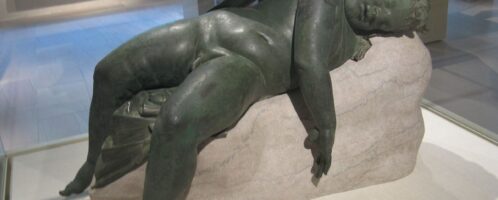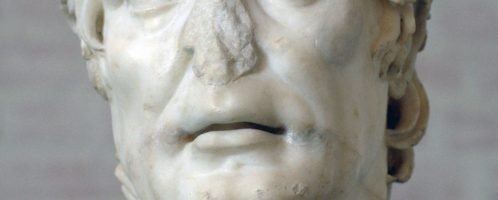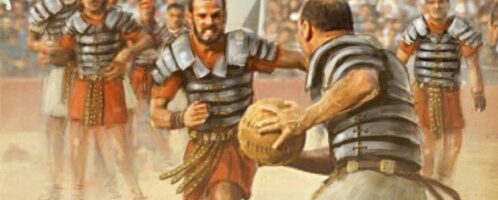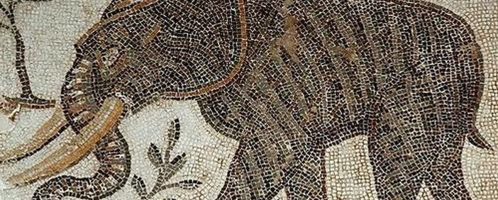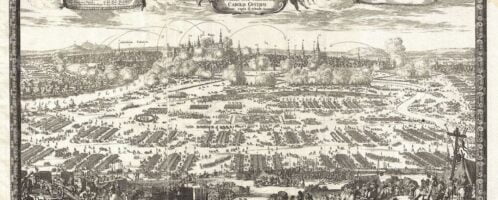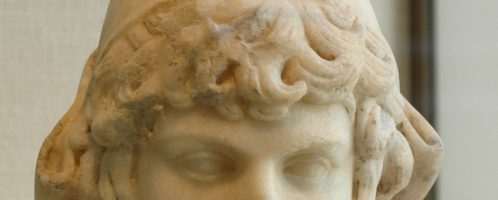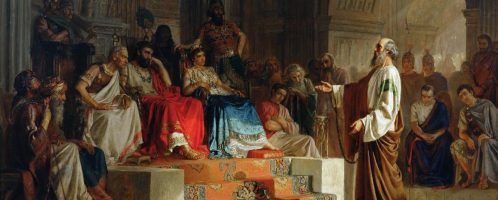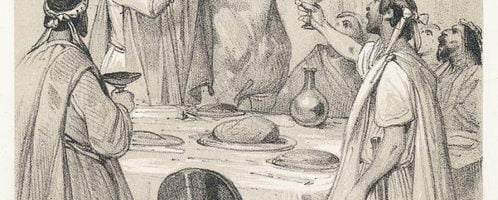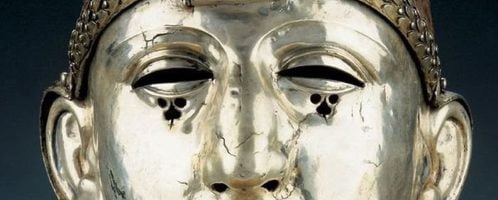Gaius Verres – example of corrupt and evil Roman governor
Gaius Verres was an example of a wicked and greedy Roman governor who, while in office (73-71 BCE) in Sicily, committed countless thefts of works of art, tax evasion and speculation on grain prices.

